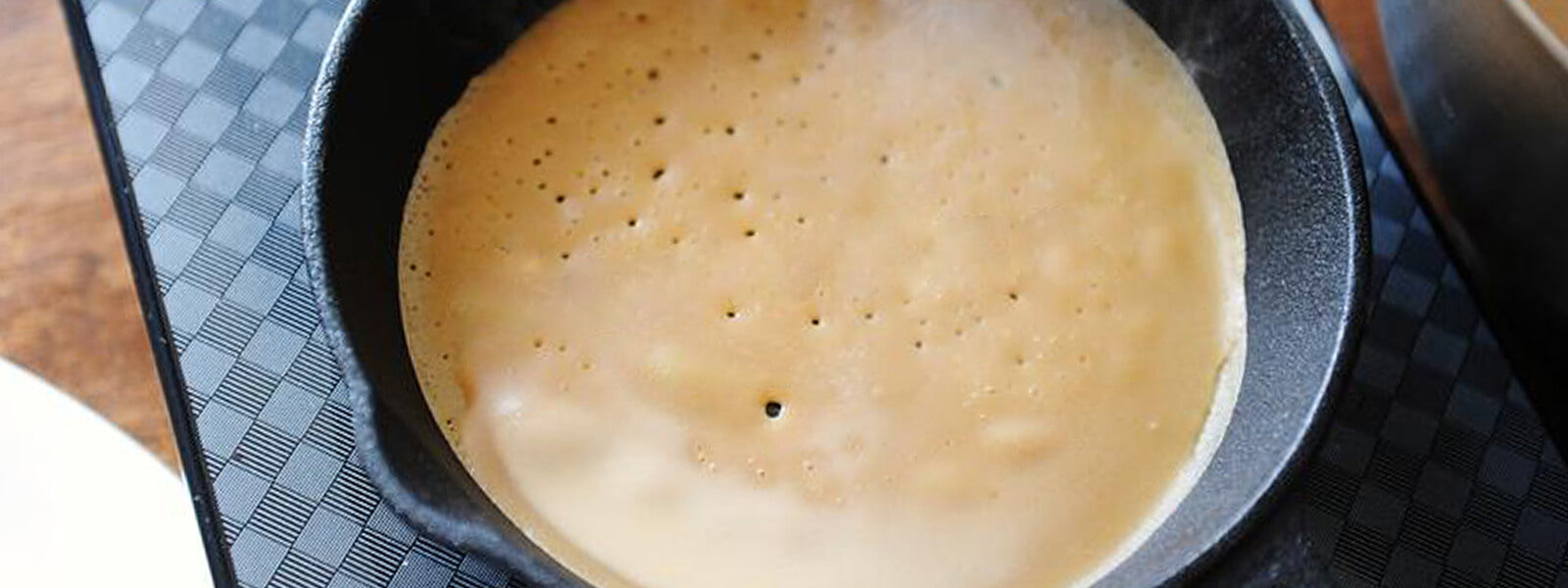Lemon balm which is in the same family as mint, is thought to be a relaxing herb. It was used as far back as the Middle Ages to help people deal with stress and anxiety, sleep better, eat more, and feel less pain and discomfort from indigestion (including gas and bloating, as well as colic). Even before the Middle Ages, lemon balm was soaked in wine to make people feel better, heal wounds, and treat bites and stings from poisonous insects. Lemon balm is often mixed with other herbs that calm and soothe, like valerian, chamomile, and hops, to help people relax. It is also used to treat cold sores in creams (oral herpes).
Millions of people use the herb lemon balm. Scientists call it "Melissa officinalis," which comes from the Greek word for "honey bee." It is also known as "nectar of life," "cure-all," "balm mint," and "honey plant." Lemon balm is in the same family as mint, which is native to Europe and known for its many health benefits. It is bright green and has small leaves in the shape of a heart. It has clusters of white and yellow flowers that look like mint leaves. Not only is it grown in gardens, but it is also used to make medicines.
Table of Contents
About Lemon Balm Plant:
Lemon balm comes from Europe, but it is now grown all over the world. Not only is it grown in herb gardens or to attract bees, but it is also grown to make medicine, cosmetics, and furniture polish. The plant can grow up to 2 feet tall, and if it isn't taken care of, it can grow even taller. In the spring and summer, small, light yellow flowers grow in clusters at the point where the leaves meet the stem. Depending on the soil and climate, the leaves can be dark green or yellowish green and are very deeply wrinkled. If you rub the leaves between your fingers, you'll smell like lemons. The leaves look like mint leaves and come from the same family of plants.
Lemon Balm Composition:
The plant's leaves are used to make lemon balm supplements. Plant chemicals called terpenes are found in the essential oils made from lemon balm leaves. These chemicals help the herb relax and fight viruses. Tannins, which are found in lemon balm, may be the reason for many of the herb's antiviral effects. Lemon balm also has a chemical called eugenol in it that stops muscle spasms, makes tissues feel numb, and kills bacteria.
Lemon Balm Uses:
Lemon balm gets its name from its lemony scent, which comes from the essential oils in its leaves. When used fresh or dried, lemon balm makes a delicious tea. It can also be added to food or made into extracts and tinctures.
Lemon balm can be chopped up and put in salads. It can also be mixed with hot water and honey to make a natural tea, used as a natural mosquito repellent in skin balm, and even used as a hair rinse and scalp clarifier.
Lemon Balm Available Form:
Lemon balm can be bought as dried leaves that can be bought in large quantities. It can also be bought as tea, capsules, extracts, tinctures, or oil. On the other hand, cotton balls can be used to put teas on the skin. Lemon balm is also used in aromatherapy and homeopathic medicine (essential oil).
Health Benefits of Lemon Balm:
- Mood-boosting: Studies have shown that a dose of 600mg per day decreased the negative effects on mood and made people feel calmer.
- Stress Management: In a recent study, a group of stressed people with mild to moderate anxiety and sleep problems were given 300 mg of lemon balm extract twice a day. In this study, it was found that lemon balm cut anxiety by 18%, cut the symptoms of anxiety by 15%, and cut insomnia by 42%.
- Antiviral: During an acute recurrence of herpes labialis, giving lemon balm mint extract cream, which is made from dried extract from Melissa officinalis L. leaves, made the symptoms of this virus much less severe. In lab tests, lemon balm extract showed that it could stop viruses from getting into cells in a way that could be undone.
- Fights free radicals. Biological studies showed that, depending on the concentration, the rosmarinic acid in lemon balm decreased the amount of reactive oxygen species (ROS) inside human keratinocyte cells and increased cell viability when they were under oxidative stress.
- Helps you sleep. When taken at a dose of 300 mg twice a day for about two weeks, lemon balm has been shown to help people who have trouble sleeping because of stress.
- Improves concentration: A study that looked at the effects of 300mg of lemon balm extract on stress and cognitive function found that 300mg significantly improved maths performance, alertness, and immediate recall compared to baseline.
- Brain Health as You Age: People with mild to moderate Alzheimer's disease have been studied with lemon balm extract. After four months of treatment, it was found that lemon balm was much better than a placebo at improving cognitive function (as measured by the Alzheimer's disease assessment scale) and at making people feel less angry.
- Memory is helped by the way lemon balm extract affects the way receptors bind, which in turn has been shown to help with things like alertness and memory.
Conclusion:
Lemon balm has a long history of use in traditional medicine. It is said to have calming and soothing effects, and has been used to treat anxiety, depression, and insomnia. Lemon balm is also sometimes used topically to treat cold sores, skin rashes, and other skin conditions.
Recent studies have shown that lemon balm may indeed have some health benefits. For example, one study found that lemon balm extract was effective in reducing stress and improving sleep quality in people with mild-to-moderate Alzheimer's disease.
While more research is needed to confirm the potential health benefits of lemon balm, it seems like this herb could be a helpful natural remedy for some conditions.












Leave a comment